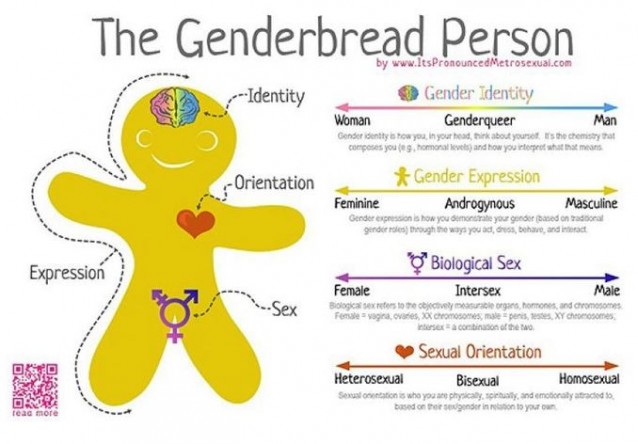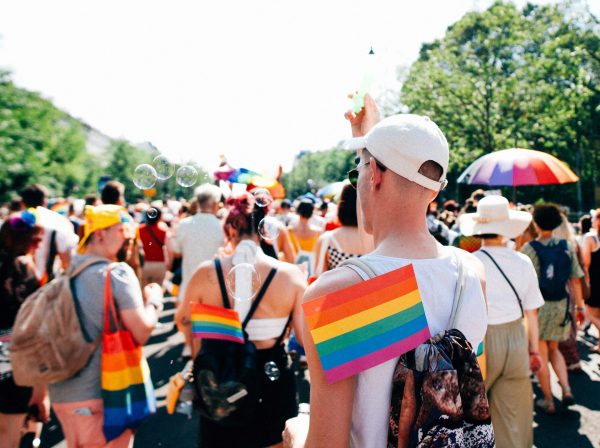When compulsory heterosexuality and compulsory cisgender identification come into a conversation, it’s usually a good thing. Smash that Patriarchy, tear down that Gender Binary! One of its flexible applications is explanatory: when if one is “closeted” they have to “come out.” Normativity that doesn’t include LGBTQIA+ individuals is why “coming out” is even a thing; the compulsory part comes from the enforcing and reinforcing of those norms that are ever present implying, or outright saying, that it is correct to be heterosexual, cisgender and incorrect to be Queer and/or Trans*. (These compulsory identifications can also consist of far more complex dynamics inseparable from each other, economics can play a part in compulsory heterosexuality and compulsory cisgender identification, for example.)
One sees all around them messages of heteronormativity, even from their own friends and family sometimes. From politics to sitcoms to news stories highlighting LGBTQIA+ directed violence, these messages are completely unavoidable. They may be presented in magazines or hearing a friend use “gay” as a slur, or politicians vehemently upholding “traditional marriage,” all the way up through the pope comparing Trans* folk to nuclear bombs. It is the butt of jokes on television, and it is seen in the backlash against television ads that are striving to be more inclusive.
They are pushed on people without people even knowing it. Some Queer folk literally have or had no idea they are on the LGBTQIA+ spectrum. Surrounded and barraged by what is deemed “normal” and what is “not normal.” For lack of a better term at this time—serving as proof that compulsory heterosexuality and compulsory cisgender identification is real, as there are little to no words to comprehensively describe, analyze, and sustain conversations around it—people may be “brainwashed.” Not in the wicked cool SciFi way; in the super not cool subjugated, marginalized, day-to-day microaggressions, exclusion, and automatic disenfranchisement of Queers way.
A few years back, I met a woman who explained she did not even question the fact that she may be a lesbian until she was 60 years old. Despite her inner feelings, she just figured it just wasn’t even an option. This woman, like many Queer men and women and non-binary folk, was living heterosexually in a compulsive manner.
None of this is to say that it is a given person’s fault for that original, potentially ongoing, compulsion—or “brainwashing,” if you prefer. My hope is to communicate a message that is the exact opposite of that. When compulsory heterosexuality and compulsory cisgender identification are discussed, it should never be an accusation; it should never be presented as a fault or a flaw for the “buying into” cis-het kyriarchy. The cis-het kyriarchy’s strong ability to cause compulsory anything is one of the reasons groups, movements, and people are trying to tear it down.





